
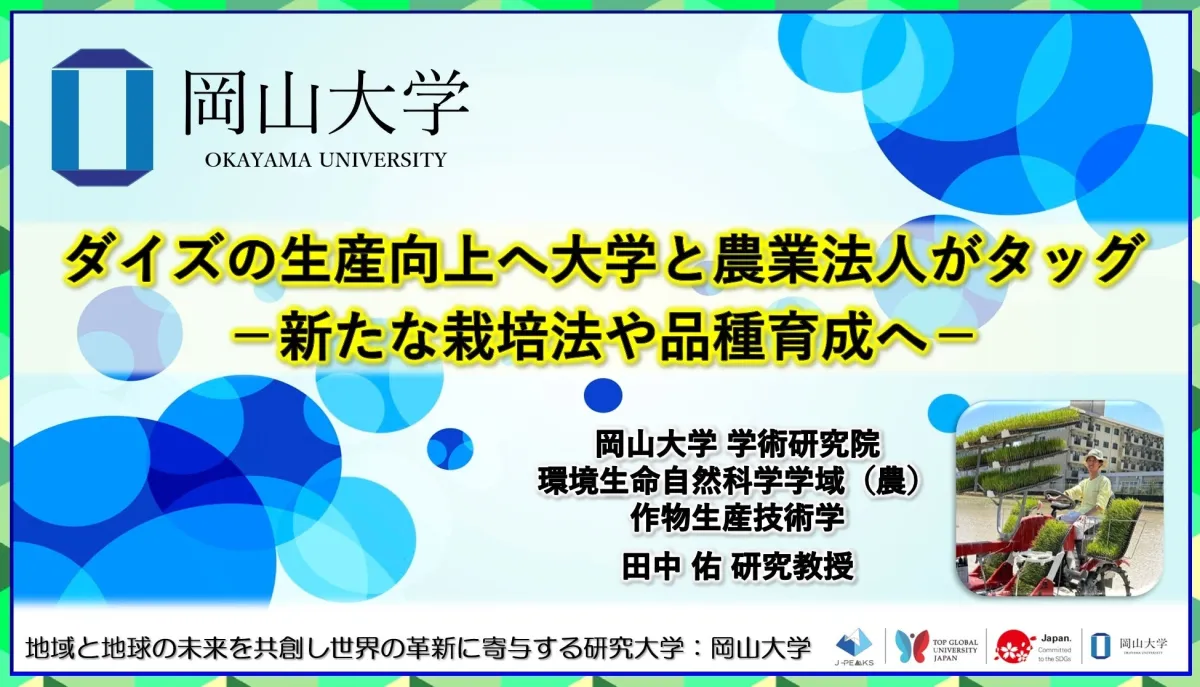
Collaboration Between Okayama University and Nakamorisan to Enhance Soybean Production
Collaboration for Enhancing Soybean Production
In a groundbreaking collaboration, Okayama University and Nakamorisan, an agricultural corporation based in Kazo, Saitama, have signed a joint research agreement aimed at advancing soybean cultivation methods and developing new strains.
This initiative marks a significant step towards addressing the urgent challenges facing domestic soybean production. With soybeans being an essential crop due to their high nutritional value and versatile applications, enhancing their resilience to adverse conditions such as drought, floods, and pest infestations is critical. The looming threat of global warming exacerbates these challenges, making innovative strategies and robust varieties paramount for sustainable farming practices.
Accelerating Research and Development
The partnership between the academic institution and agricultural producers allows for an accelerated feedback loop from the production side, ensuring that new technologies developed by the university can be directly implemented in the field. This innovative approach enables a swift response to the needs of farmers, facilitating the efficient management of expansive soybean fields while addressing climatic stresses that threaten crop yields.
Professor Yuta Tanaka from Okayama University's Graduate School of Natural Science and Technology emphasizes the importance of this collaboration. He highlights that enhanced cooperation between academia and producers is essential to overcome the current difficulties in soybean production. The initiative aims not merely to create new cultivation methods, but also to develop high-yield soybean varieties that can withstand environmental stresses, thereby securing a stable supply for the future.
Future Directions
As part of the project, the research team will focus on adjusting the cultivation periods of soybeans in response to climate changes and developing higher-yielding varieties suited for these new conditions. There is a strong expectation that the development of these innovative techniques will not only bolster soybean production but also serve as a model for agricultural research collaborations across the country.
The agreement, announced on May 12, 2025, represents a proactive stance toward sustainable agricultural practices. The collaboration could pave the way for future advancements in the field of agricultural science, effectively bridging the gap between research and practical application.
In conclusion, the partnership between Okayama University and Nakamorisan heralds a promising era for soybean cultivation in Japan. By leveraging academic research and farm-level production needs, this collaborative model seeks to enhance the stability and efficiency of soybean farming in the face of environmental challenges. The research team hopes this project will ignite similar initiatives across the agricultural sector, fostering a more integrated approach to food production.
For more detailed information on the research project, you can visit the Okayama University official webpage.
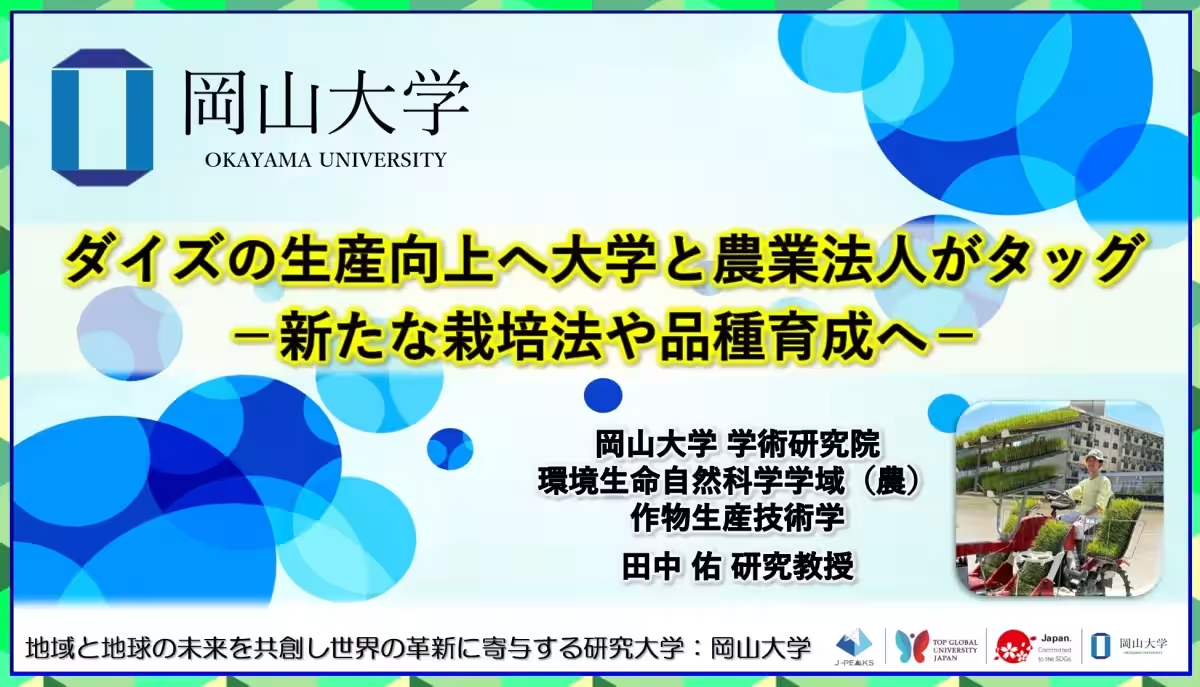
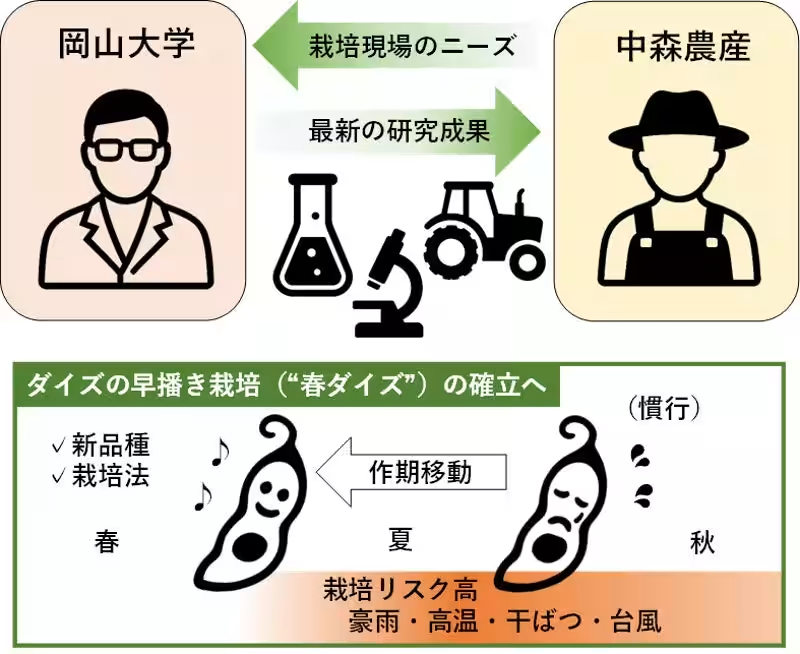
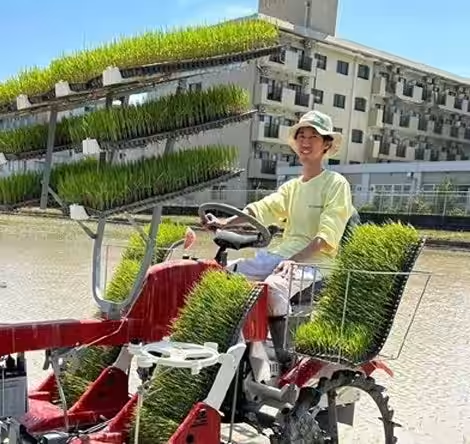


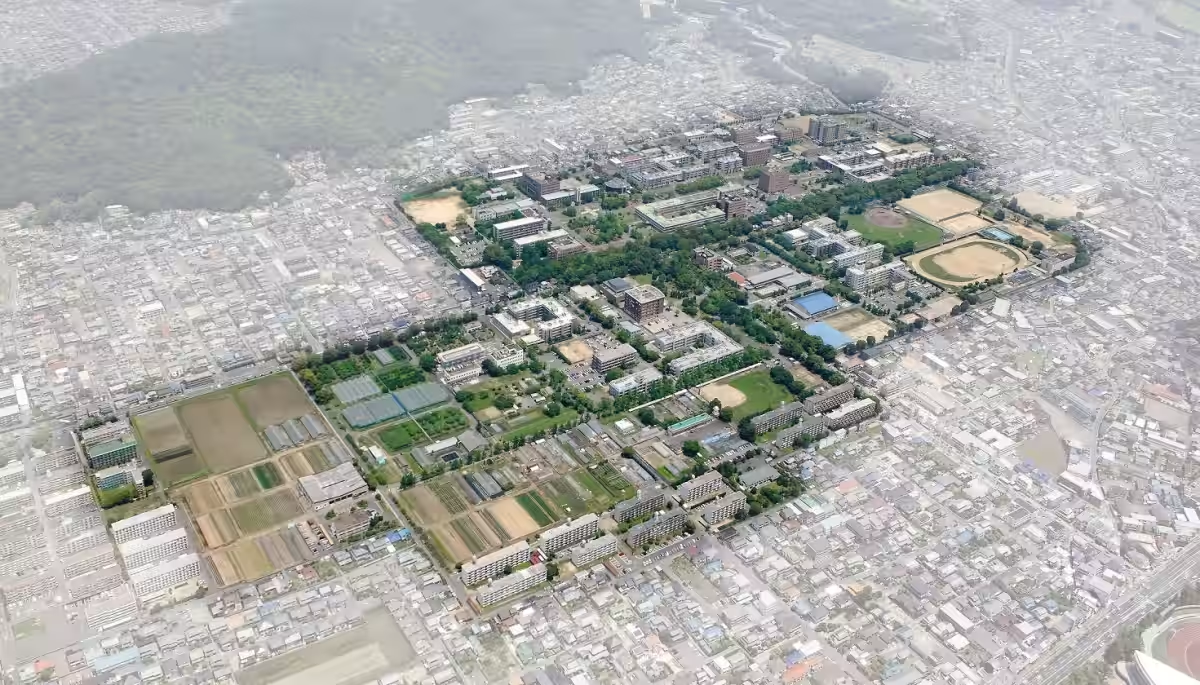
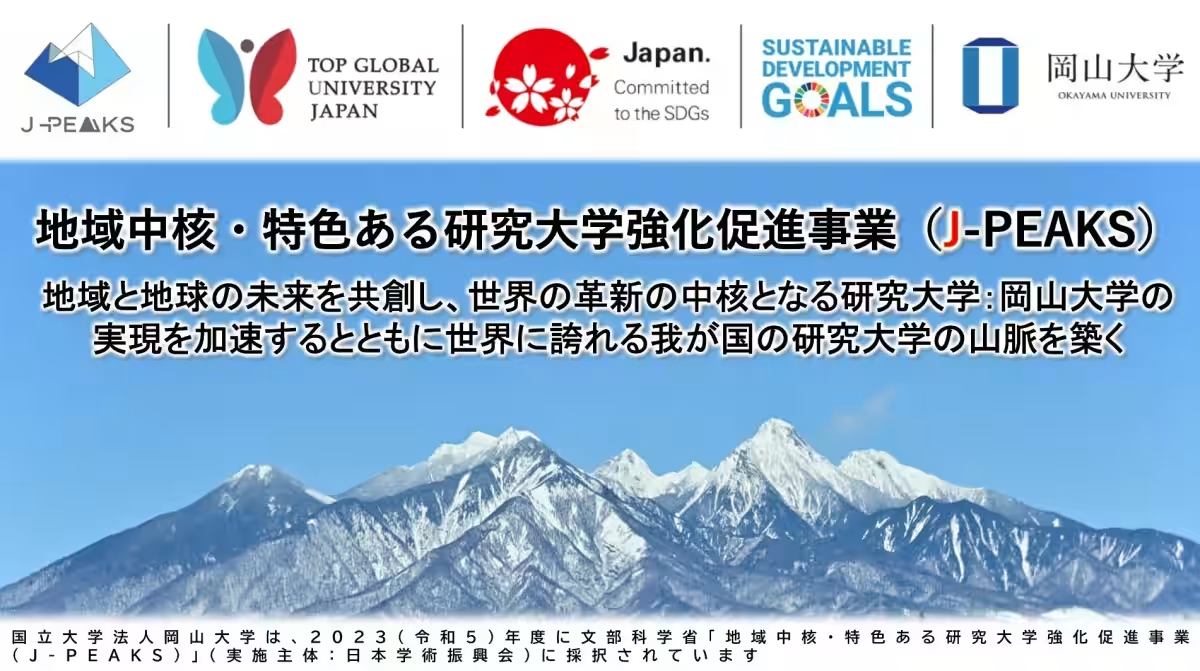
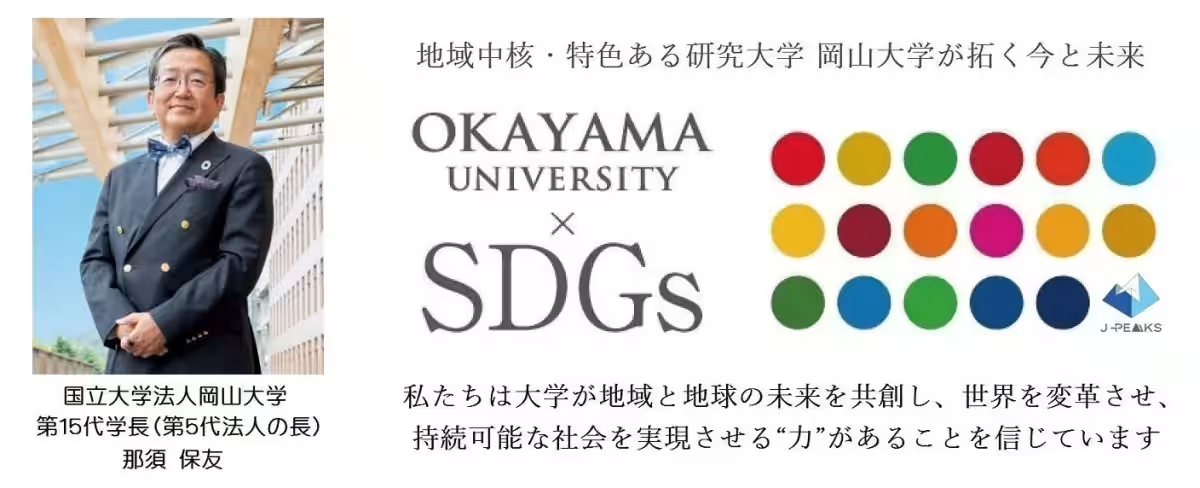
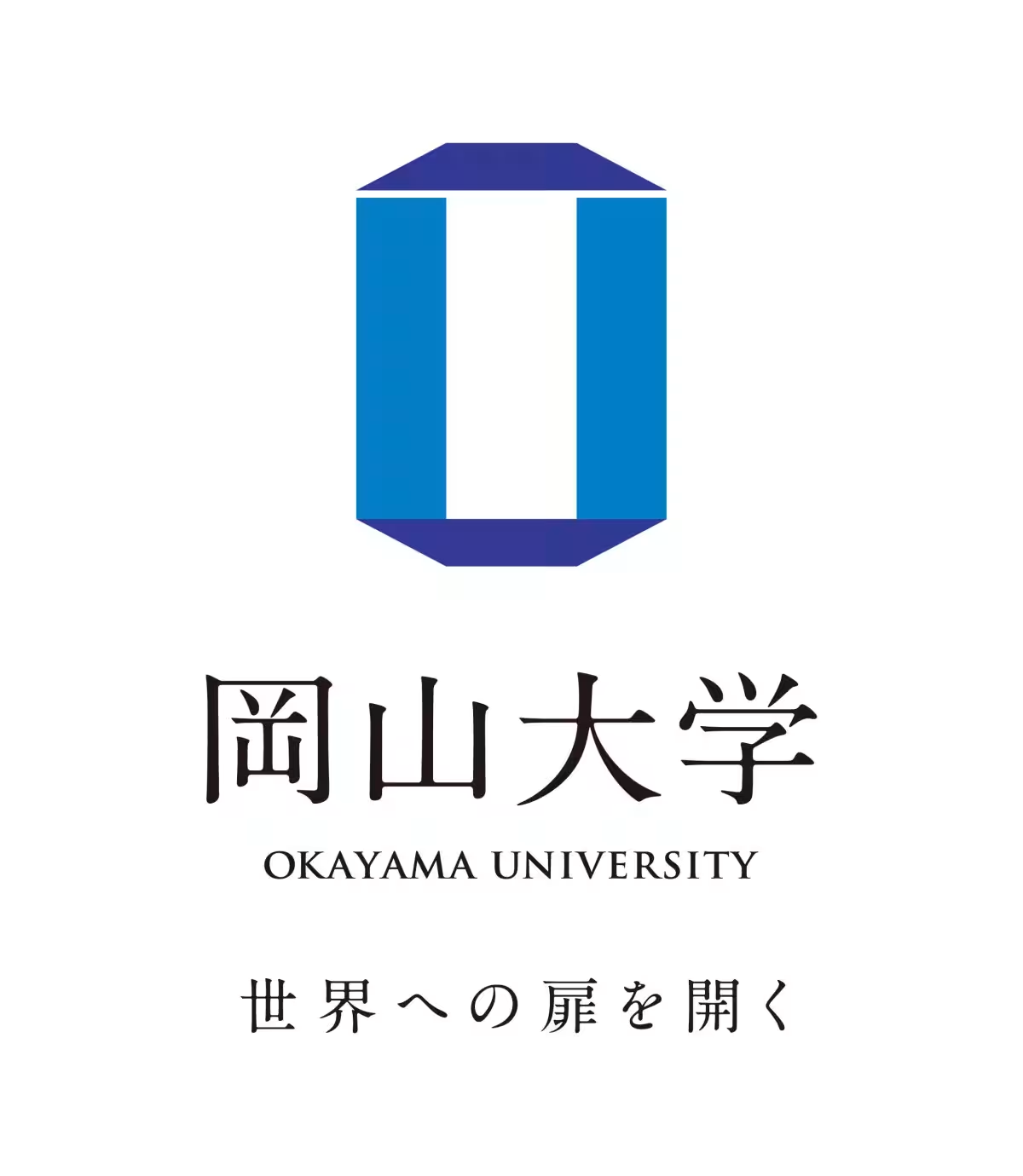
Topics Consumer Products & Retail)










【About Using Articles】
You can freely use the title and article content by linking to the page where the article is posted.
※ Images cannot be used.
【About Links】
Links are free to use.